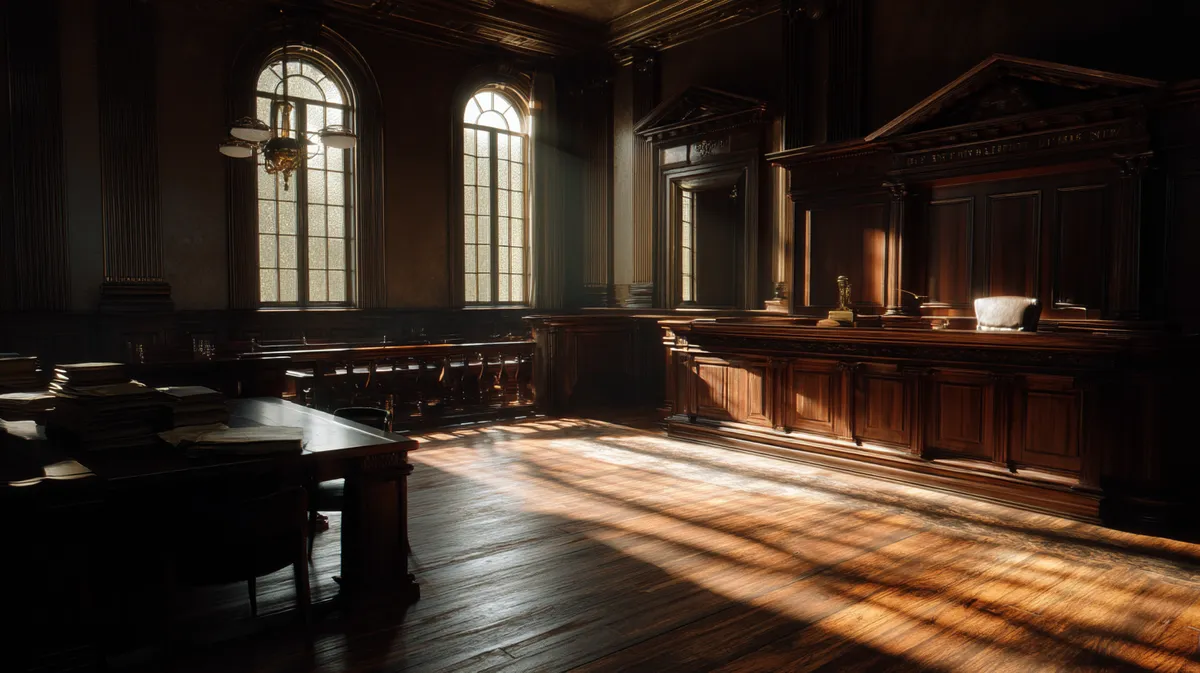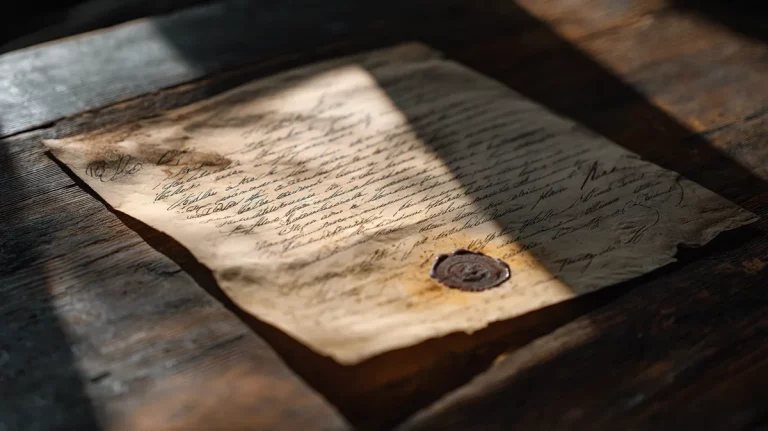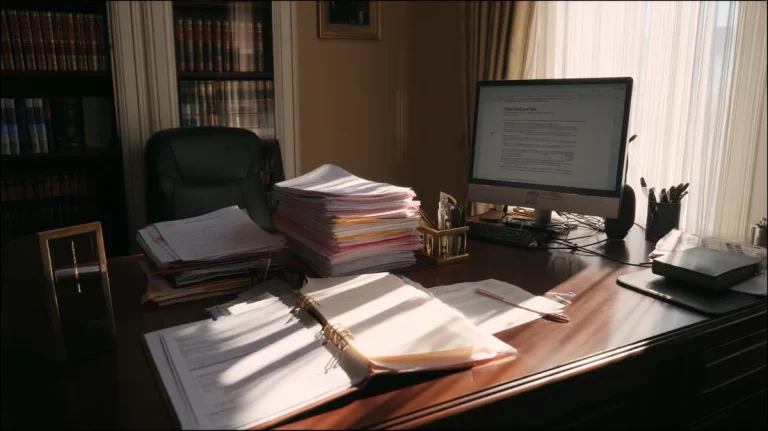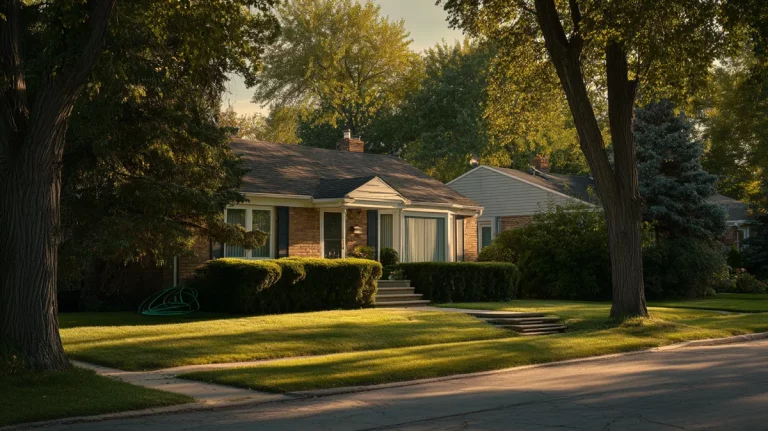Probate fights do not usually start as courtroom brawls. They start with a question at the kitchen table, a bank clerk asking for papers, or a relative who thinks something in the will does not add up. If you are staring at forms and hearing different advice from different people, you are not alone.
The probate process is a legal process of settling someone’s estate, and when disagreements pop up, a probate dispute can turn an already hard season into a long slog.
The goal here is to translate the legal steps into plain English so you can protect your rights and interests, keep conversations productive, and decide when you need legal counsel.
What Is Probate?
Probate is the court-supervised legal process of settling a decedent’s estate.
A probate court authenticates the will if there is one, appoints a personal representative to gather and manage estate assets, pays valid creditor claims and taxes, then oversees distributing assets to each heir or beneficiary according to the will or, if there is no will, according to intestate succession rules under state law. In short, it is the legal process of settling and closing an estate, with a judge available when decisions need a referee.
Common Causes of Probate Disputes
Even well-written documents can run into trouble once emotions, money, and memory collide. Here are a few common causes of probate disputes.
Contested Wills
A will contest is a lawsuit in probate where someone asks the court to rule that a will is invalid or should not be followed. The person contesting must have something to lose or gain, for example, heirs or beneficiaries who would receive more if the will is tossed.
Courts look for legally recognized problems, not simple unfairness, before they will set a will aside.
Claims of Undue Influence or Lack of Capacity
A will only counts if it truly reflects the person’s own choices. If someone was leaned on, pressured, or outright manipulated when signing, the court can throw the document out for undue influence.
Capacity is a separate but related issue. The question is whether the person signing understood what a will actually does, the general scope of their property, and who would normally inherit. If they didn’t have that basic understanding at the time of signing, the will may not stand, no matter how neatly the paperwork looks.
Executor Misconduct or Mismanagement
An executor, also called an executor or administrator depending on the situation, is a fiduciary. That role carries legal duties to safeguard estate property, keep decent records, treat folks fairly, and follow court orders.
If an executor breached their fiduciary duty, a probate court can remove them, unwind bad transactions, and even order repayment to the decedent’s estate for losses caused by misconduct.
Disagreements Among Beneficiaries
Not every fight is a courtroom fight.
Sometimes, beneficiaries read the same sentence three different ways, or one person thinks the trustee or personal representative favors another.
When disagreements among beneficiaries stall the administration, judges can push the case forward, order accountings, or suggest mediation to speed up the litigation process without a full trial.
Omitted or Disinherited Heirs
People are free to leave unequal shares, but skipped heirs will ask why.
If the will appears suspicious, if a late-in-life change sharply altered asset distribution, or if someone believes documents were forged, a contest may follow.
Where there is no valid will admitted to probate, the court follows intestate succession, which is a state-law order for distributing assets when no testamentary document controls.
Legal Grounds for Contesting a Will
Before you rush to court, it helps to know what a judge will actually look at. Probate courts don’t toss out a will just because the result feels unfair or lopsided. They want clear legal reasons, backed by evidence, not just suspicions or hunches.
Fraud or Forgery
Sometimes the problem is as simple and as serious as a fake. If the signer was tricked into signing something they didn’t understand, or if someone slipped in forged pages, the court can step in.
When proof shows the document wasn’t what the person believed they were signing, or that the signature itself wasn’t genuine, the judge can strike part or all of it.
Duress or Coercion
A will should reflect the writer’s true intent, not what they scribbled down under pressure. If someone signed only because they were being pushed, threatened, or worn down, that raises questions.
Judges pay close attention to what was happening at the time, how the people involved behaved, and whether the changes clearly benefited the one doing the pushing.
Improper Execution or Invalid Will
Each state sets rules for how a will must be signed and witnessed. Miss those steps, say the signatures aren’t complete, or someone swapped out a page, and the court may refuse to enforce it.
The specific requirements vary, but the principle is simple: if the paperwork doesn’t follow the law, it may not hold up as a valid testamentary document.
Mental Incapacity of the Decedent
Testamentary capacity is about what the signer understood at the moment of execution.
Did the person grasp that they were making a will, know the general scope of their estate property, and understand who might normally receive it?
Evidence can include medical records, witness affidavits, and what the document itself shows.
The Probate Dispute Process
From the outside, probate litigation looks like quick hearings with a few forms. Inside, it moves more like any other civil case, with pleadings, discovery, expert reports, court conferences, and a lot of waiting while documents and testimony are collected.
Patience helps, as does early organization, because litigation may expand once people see emails, ledgers, and drafts they did not know existed.
Filing a Will Contest or Objection
A contest starts with a petition or objection filed in the probate court. The filer must have standing, which means a direct stake in the outcome. Deadlines are real, and they are short in some states, so sitting on your rights can close doors.
Once filed, the court sets dates and decides what issues will be litigated.
Gathering Evidence and Legal Representation
This is where a good probate attorney earns their fee. Lawyers use subpoenas, depositions, and expert opinions to test capacity, chase bank records, verify signatures, and follow the money.
If the fiduciary has not provided proper accountings, courts can order an accounting and, if needed, surcharge the executor for losses tied to breached duties.
Legal representation is not just for trials; it shapes what the judge sees long before a hearing.
Court Hearings and Mediation
Most judges encourage or even require mediation in probate matters.
Mediation is an alternative dispute resolution tool where a neutral helps the sides trade proposals, reality-test risks, and look for a practical settlement. Parties keep control of the deal, cases can settle faster and cheaper, and you avoid the unpredictability of a final ruling.
Possible Outcomes of a Dispute
Results vary. The court can uphold a will, strike certain provisions, remove a fiduciary for misconduct, order repayment, or approve a settlement that redistributes portions of the decedent’s estate.
If a will is tossed entirely, the court may look to an earlier will or to intestate succession to finish the process of distributing what is left.
How to Prevent Probate Disputes
A good estate plan isn’t just a stack of papers you sign once and tuck away. It’s something you keep current. That means checking beneficiary designations every so often to be sure they still line up with what you want.
If privacy or more control is important, a trust can help take the court out of the picture. And your will should be written clearly enough that it reflects your real situation, not some old version of your life.
If health is starting to decline, it’s smart to bring in doctors or even neutral witnesses so no one can question later whether you had the capacity to make those choices.
When to Seek Legal Help
If you suspect undue influence, see odd withdrawals, or get stonewalled on basic information, talk to a probate lawyer sooner rather than later.
A knowledgeable probate litigator knows the difference between probate administration hiccups and true estate litigation. They can explain whether litigation is required, whether alternative dispute resolution makes sense, and what kind of legal representation fits your budget and goals.
Final Thoughts on Navigating Probate Disputes
Every probate looks simple on paper until real people and real accounts enter the picture. Slow down, organize records, and get neutral help when you can.
Your goal is straightforward: protect rights and interests, keep the legal process moving, and finish distributing assets without spending the estate on fights that no one really wanted.
FAQ’s About Probate Disputes
Probate disputes involve more than one story to investigate. Lawyers and the probate court need time to collect bank records, emails, earlier drafts, and witness statements, and experts may weigh in on handwriting or testamentary capacity.
Discovery takes time, and court calendars fill fast, so cases move in fits and starts before a hearing or settlement.
Sometimes.
Assets with beneficiary designations, like life insurance and certain accounts, pass by contract, not by will, and often skip probate. Joint tenancy and properly funded living trusts keep many transfers out of court, although you still need proper paperwork and tax reporting.
Even when you cannot avoid probate fully, you can often narrow what shows up in court by using these tools.
Probate happens in court under a judge’s eye while trust administration is handled privately by a trustee. Both involve distributing assets, but trust work usually stays out of public view unless trust disputes trigger litigation.
If an executor or administrator breached their fiduciary duty, the judge can remove them, unwind bad deals, and order them to repay losses through a surcharge.
Serious misconduct can lead to personal liability and, in theft situations, criminal exposure. Beneficiaries can request an accounting to see what happened and ask the court for targeted relief.
Often, yes. Mediation gives everyone a chance to be heard, tests the strengths and weaknesses of each claim, and trades risk for certainty.
It is not magic, but many trust disputes and disagreements among beneficiaries settle in a day once the right information is on the table and the mediator helps the sides focus on practical outcomes.






